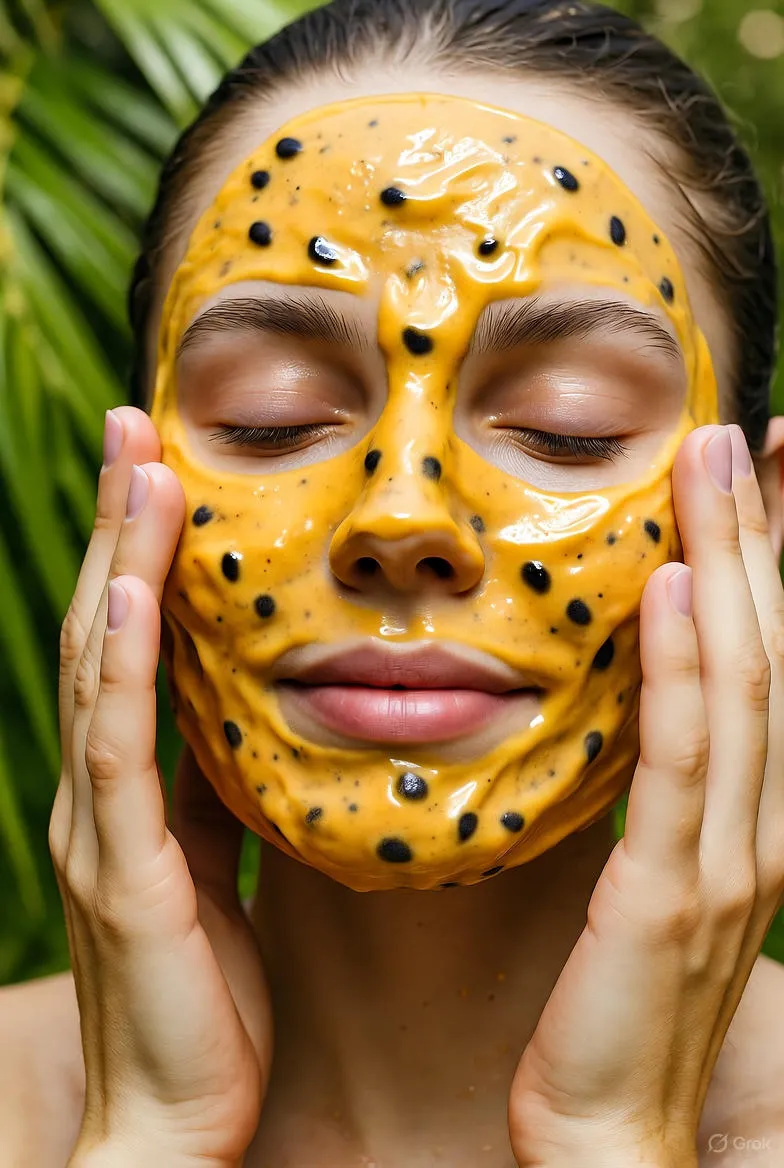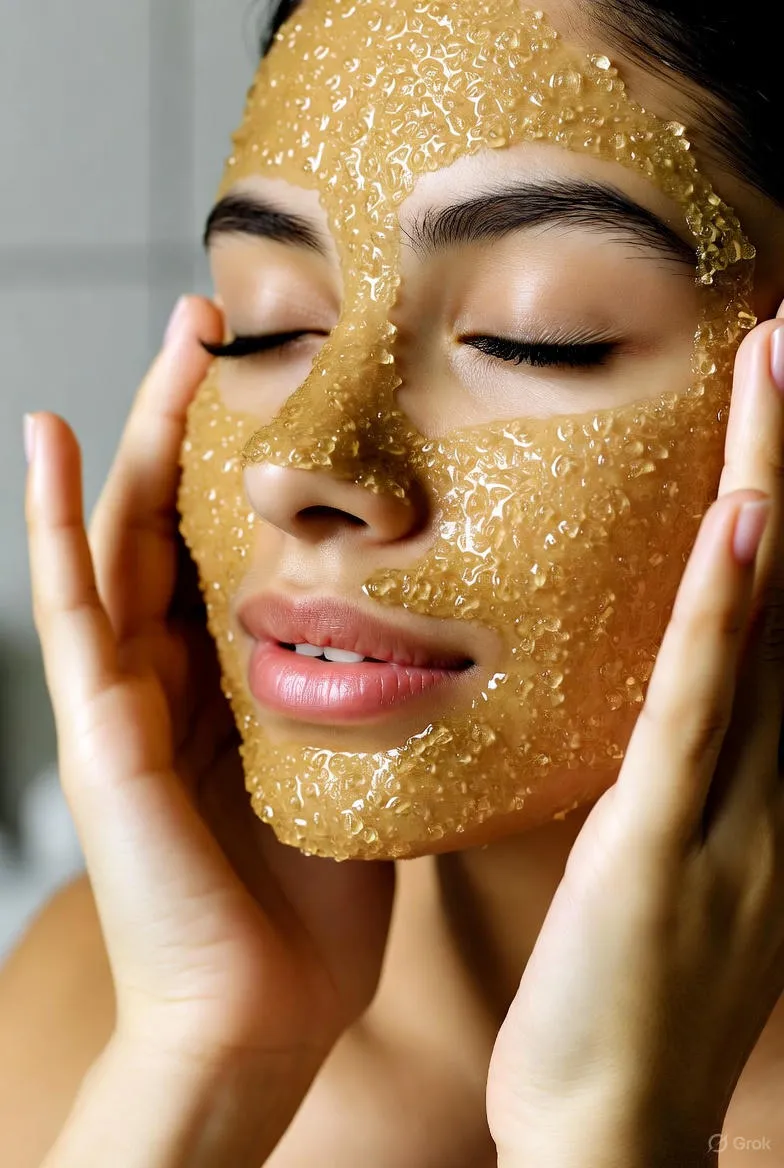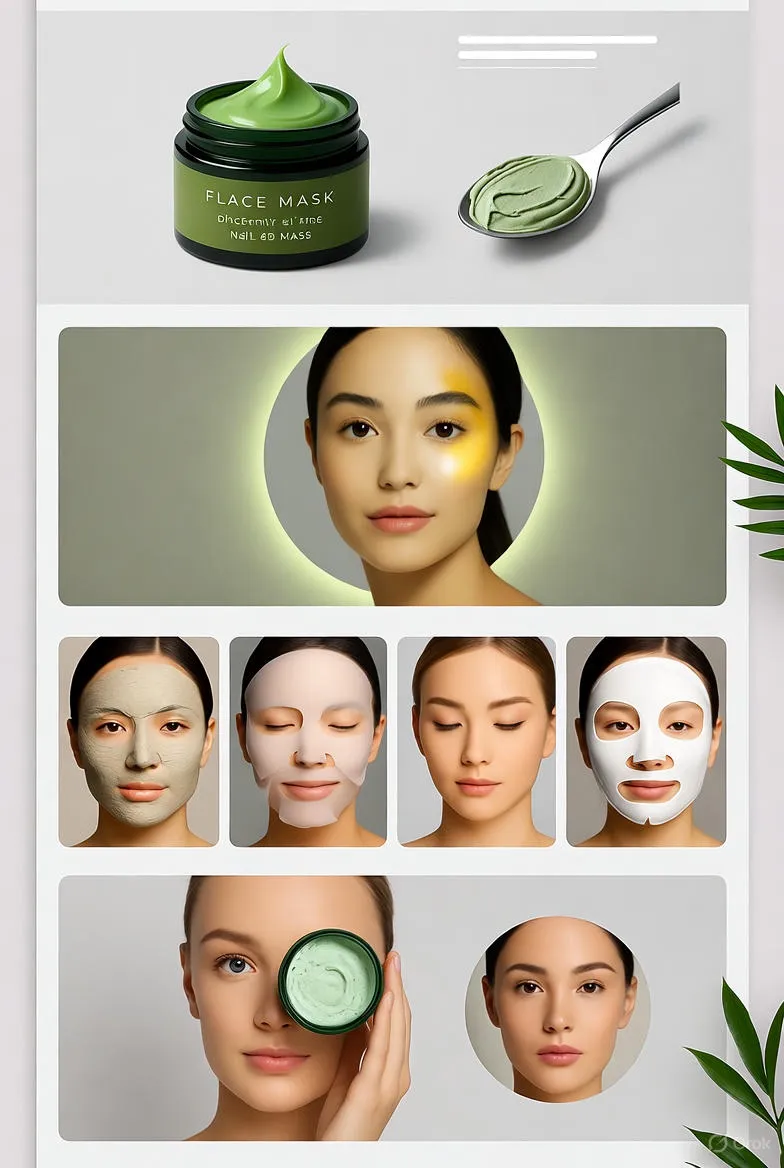Unlock Your Skin's Natural Glow: The Magic of Papaya Enzyme Face Masks
Discover how papaya enzyme face masks unlock radiant, glowing skin through gentle exfoliation, brightening, and anti-aging benefits. DIY recipes and tips for natural skincare transformation.

Introduction to Papaya Enzyme Face Masks
Imagine waking up to skin that radiates health and vitality, smooth to the touch and evenly toned. In the world of natural skincare, few ingredients hold the transformative power of papaya, particularly when harnessed in enzyme-based face masks. These masks leverage the fruit's innate enzymes to gently exfoliate, brighten, and rejuvenate the skin, offering a spa-like experience right at home. Whether you're battling dullness from daily stressors or seeking to enhance your complexion's natural luminosity, papaya enzyme masks provide a gentle yet effective solution.
Papaya, often called the 'fruit of the angels,' has been cherished for centuries in tropical cultures for its skin-nourishing properties. Modern skincare enthusiasts are rediscovering this gem, blending it into masks that target multiple concerns simultaneously. Unlike harsh chemical peels, these enzyme masks work enzymatically, dissolving dead skin cells without abrasion, making them suitable for sensitive skin types.
Understanding Papaya Enzymes: The Science Behind the Glow
At the heart of every papaya enzyme face mask is papain, a proteolytic enzyme extracted from the unripe fruit. Papain acts like a natural scissors, snipping through the proteins that bind dead skin cells to the surface. This process, known as enzymatic exfoliation, reveals fresher, younger-looking skin underneath. Studies have shown that papain can effectively reduce hyperpigmentation by breaking down melanin clusters, leading to a more uniform skin tone.
Beyond exfoliation, papaya is packed with vitamins A, C, and E, along with antioxidants like beta-carotene. Vitamin C, in particular, boosts collagen production, enhancing skin elasticity and firmness. These nutrients work synergistically with the enzymes to hydrate, protect against free radical damage, and promote a youthful glow. The result? Skin that not only looks brighter but feels revitalized from within.
Key Benefits of Papaya Enzyme Face Masks for Glowing Skin
Gentle Exfoliation for Smoother Texture
One of the standout benefits is its ability to exfoliate without irritation. Traditional scrubs can cause micro-tears, but papain dissolves buildup painlessly. Regular use—twice a week—can lead to visibly smoother skin, diminished fine lines, and reduced pore appearance. Users often report a 'peaches and cream' softness after just one application.
Brightening and Evening Skin Tone
Dullness and uneven pigmentation are common foes in skincare battles. Papaya enzymes excel here, fading dark spots from sun exposure, acne scars, or hormonal changes. The fruit's natural AHAs (alpha-hydroxy acids) complement the enzymes, accelerating cell turnover for a luminous complexion. Over time, this can transform sallow skin into a canvas of even, radiant beauty.
Anti-Aging Powerhouse
Aging gracefully starts with prevention. Papaya masks combat wrinkles by stimulating collagen and elastin synthesis. Antioxidants neutralize environmental aggressors like UV rays and pollution, preserving skin's youthful bounce. For those in their 30s and beyond, incorporating this mask can be a game-changer in maintaining firmness and reducing crow's feet.
Hydration and Soothing for Sensitive Skin
Dry, irritated skin finds solace in papaya's emollient qualities. The enzymes help slough off flakes while the fruit's water content deeply moisturizes. It's particularly beneficial for eczema or rosacea-prone skin, offering relief without flare-ups. Pairing it with soothing agents like honey amplifies this calming effect.
Detoxification and Pore Minimization
In our toxin-laden world, skin needs a detox. Papaya enzymes unclog pores by dissolving sebum and impurities, preventing breakouts. This leads to clearer skin and minimized pores, ideal for oily or combination types. The mask's anti-inflammatory properties also calm redness, promoting an overall healthy glow.
How to Make Your Own DIY Papaya Enzyme Face Mask
Creating a papaya enzyme mask at home is simple, cost-effective, and customizable. Start with fresh, ripe papaya for maximum enzyme activity—unripe for stronger exfoliation, riper for milder effects. Here's a basic recipe to get you started:
- Ingredients: ½ cup mashed papaya, 1 tablespoon honey (for moisture), 1 teaspoon yogurt (for lactic acid boost).
- Instructions: Blend ingredients until smooth. Apply to clean skin, avoiding the eye area. Leave on for 10-15 minutes until it tingles slightly, then rinse with lukewarm water. Pat dry and follow with moisturizer.
For variations, experiment with add-ins. Add turmeric for extra brightening or oatmeal for gentle abrasion. A green tea infusion can enhance antioxidant protection. Always patch-test new combinations to ensure compatibility.
Advanced Recipes for Targeted Concerns
Brightening Mask: Combine papaya with lemon juice and aloe vera. The citrus vitamin C amplifies fading of spots, while aloe soothes. Use weekly for best results.
Anti-Acne Mask: Mix in tea tree oil and bentonite clay. Enzymes clear pores, clay absorbs excess oil, and tea tree fights bacteria—perfect for blemish-prone skin.
Hydrating Overnight Mask: Blend with avocado and coconut oil. Apply before bed, rinse in the morning for plump, dewy skin.
Step-by-Step Guide to Using Papaya Enzyme Masks
To maximize benefits, timing and technique matter. Begin with a double cleanse to remove makeup and sunscreen. Steam your face for 5 minutes to open pores, enhancing absorption. Apply the mask evenly with a brush or fingers, massaging gently in circular motions.
Relax during the wait—perhaps with meditation or a book. The mask will dry to a tacky texture as enzymes activate. Rinse thoroughly, avoiding hot water to prevent dryness. Exfoliate in the evening, as sun sensitivity may increase temporarily; always apply SPF the next day.
Incorporate into your routine 1-2 times weekly, alternating with hydrating treatments. Track progress with photos—many notice brighter skin within a week, with cumulative improvements over a month.
Precautions and Tips for Safe Use
While gentle, papaya enzymes aren't for everyone. Those with latex allergies may react to papain, as it's related. Pregnant individuals should consult doctors due to potential uterine stimulation. Start with shorter durations if new to enzymes.
Source organic papaya to avoid pesticides. Store masks in the fridge for up to 3 days. If irritation occurs, discontinue and seek professional advice. For optimal results, pair with a balanced diet rich in fruits and veggies.
Real Stories: Transformations with Papaya Masks
Anecdotes abound from users who've embraced papaya enzymes. Sarah, a 35-year-old teacher, shared, 'After months of dull winter skin, my papaya mask routine brought back my glow—colleagues kept asking about my 'new skincare secret!'' Tech enthusiast Mike found relief from acne scars: 'The enzymes faded my marks without drying me out, unlike store-bought peels.'
These stories highlight the mask's versatility across ages and skin types. Dermatologists echo this, recommending it as a safe, natural alternative to professional treatments.
Enhancing Your Routine with Complementary Practices
Papaya masks shine brighter in a holistic routine. Follow with serums containing hyaluronic acid for hydration or niacinamide for barrier strength. Gentle massages during application boost circulation, amplifying glow.
Lifestyle factors play a role too. Adequate sleep, hydration, and stress management support skin repair. Consider seasonal tweaks—more hydration in winter, lighter masks in summer.
Conclusion: Embrace the Papaya Glow
Papaya enzyme face masks offer a delightful path to radiant skin, blending ancient wisdom with modern science. From exfoliation to anti-aging, their benefits are as multifaceted as the fruit itself. By integrating this simple ritual, you're investing in natural, sustainable beauty. Glow on, naturally.
(Word count: 1,248)


